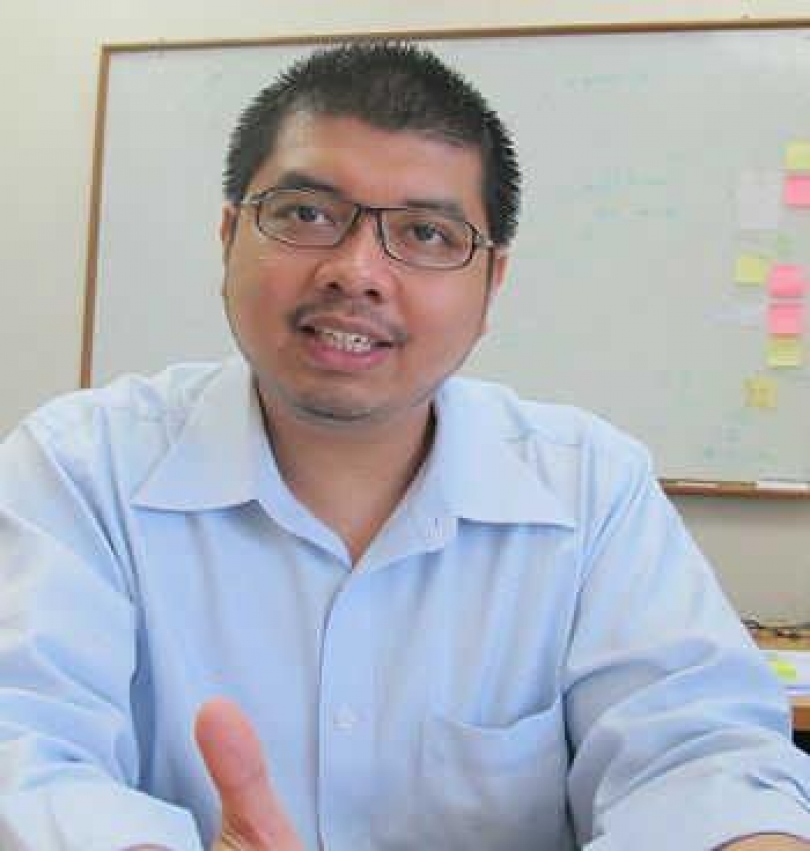Better deal for migrant workers but not illegals

LEGAL MIGRANT workers might be enjoying better working conditions including improved safety in Thailand but those working illegally suffer an inferior standard of living and their plight is largely invisible, according to academic surveys.
Dr Kiatanantha Lounkaew, dean of the Faculty of Economics at Dhurakij Pundit University, has examined quantitative and qualitative research conducted by various government and international agencies from 2012-2015.
“Our research found that migrants who came to work legally tend to enjoy better and safer working environments. Their access to public services such as healthcare and the education of their children have been in proving in the past three years. The Thai government, local governments, employees and NGOs [non-government organisations] in these areas have been instrumental in making these positive changes possible,” he said.
Kiatanantha said that while international pressures had been the key driving force behind the optimistic trend, there were other important reasons.
Interviews with employers revealed that having legal migrant workers is a plus to a business, especially if they are part of an export supply chain. Therefore, in order to keep their workers from running away to other employers or going underground, employers must offer an employment package that will ensure that these workers have a reasonably good standard of living, Kiatanantha said.
A large majority of workers earn at least at the minimum wage. For those who possess a certain level of experience and/or are able to communicate in Thai, they enjoy additional top-up payments. Some employers also offer them in-kind benefits such as accommodation, transportation, vacations, extra holidays, meals and even scholarships for their children to study at school or a learning centre.
“Illegal migrants do not enjoy the same standard of living discussed above,” Kiatanantha said. “Being kept underground means that migrants are invisible to authorities,” he said. “Thus, they have to live in an area with poor living conditions, which lacks proper access to utilities and transportation.
“They are also excluded from public services. It is also hard for them to send their children to a learning centre or a school. Interestingly, some illegal migrants come to Thailand or decide to stay in Thailand unlawfully because they believe that such a choice offers a better prospect compared to living in their homeland.”
Kiatanantha said migrants were not always welcomed by locals. Superficially, he said, one might be inclined to attribute such a perception to discrimination. “But insights from our qualitative interviews said otherwise. Comparative analysis covering cases where migrants and the locals did get along well and cases where both parties were segregated showed that this was attributable to three main reasons.
“First, migrants were less hygiene because there did not receive such an education prior to their coming to Thailand. That was why, by and large, migrant communities were relatively less hygiene than local communities.
“Second, an inability to communicate in Thai made it hard for migrants to have proper contact with the Thais.
“The last reason was because migrants’ use local facilities, especially healthcare facilities, that precludes locals from having proper access to the same service.”
Kiatanantha said the university’s study on locals having a negative reaction to migrants because of a fear of crime was inconclusive.





